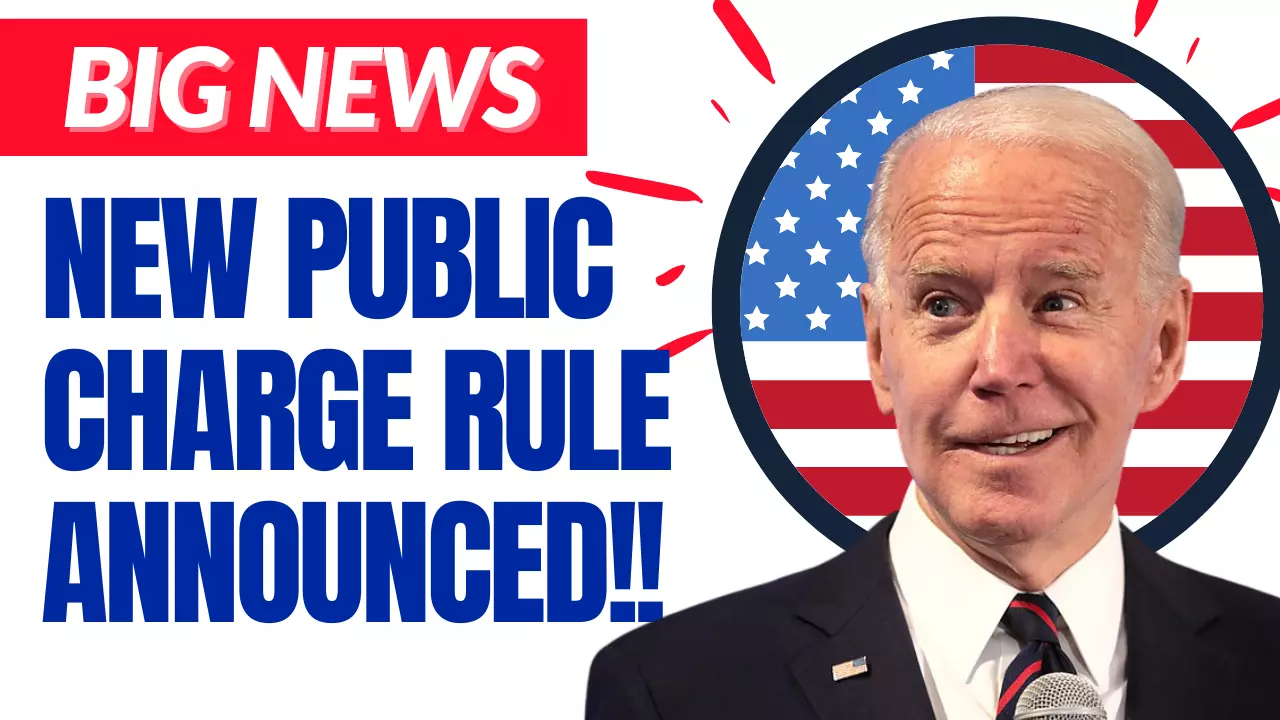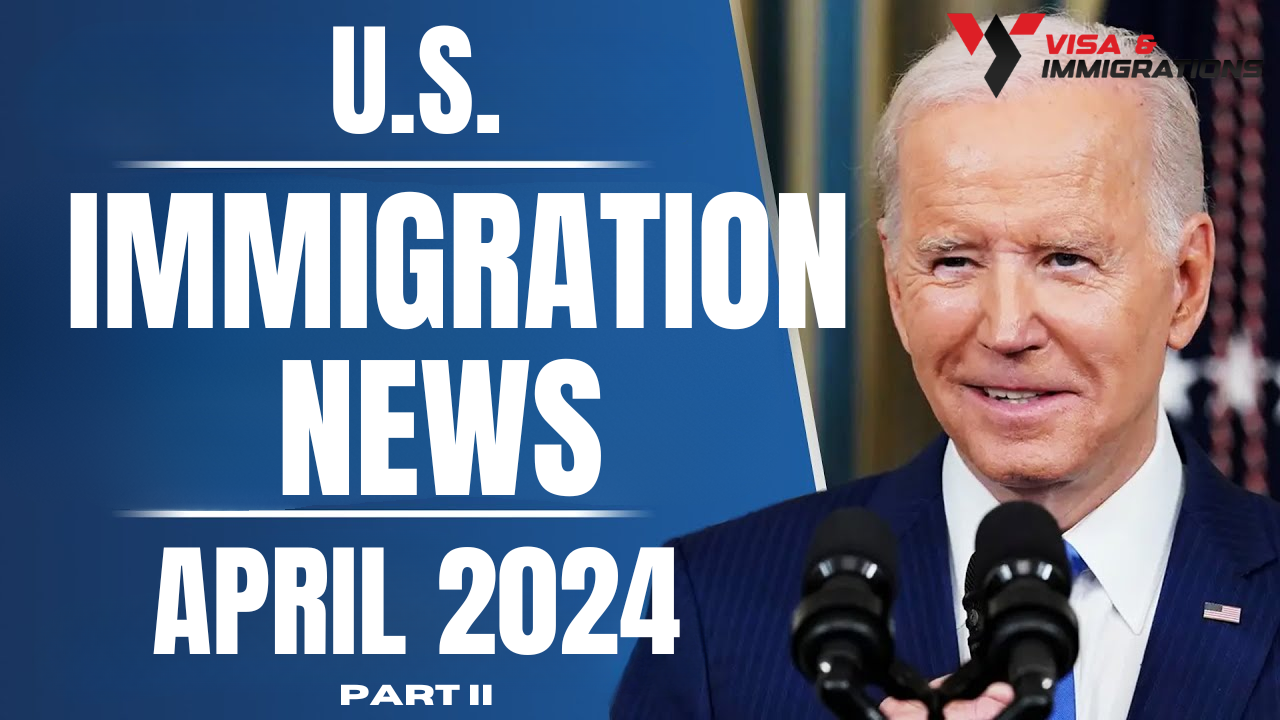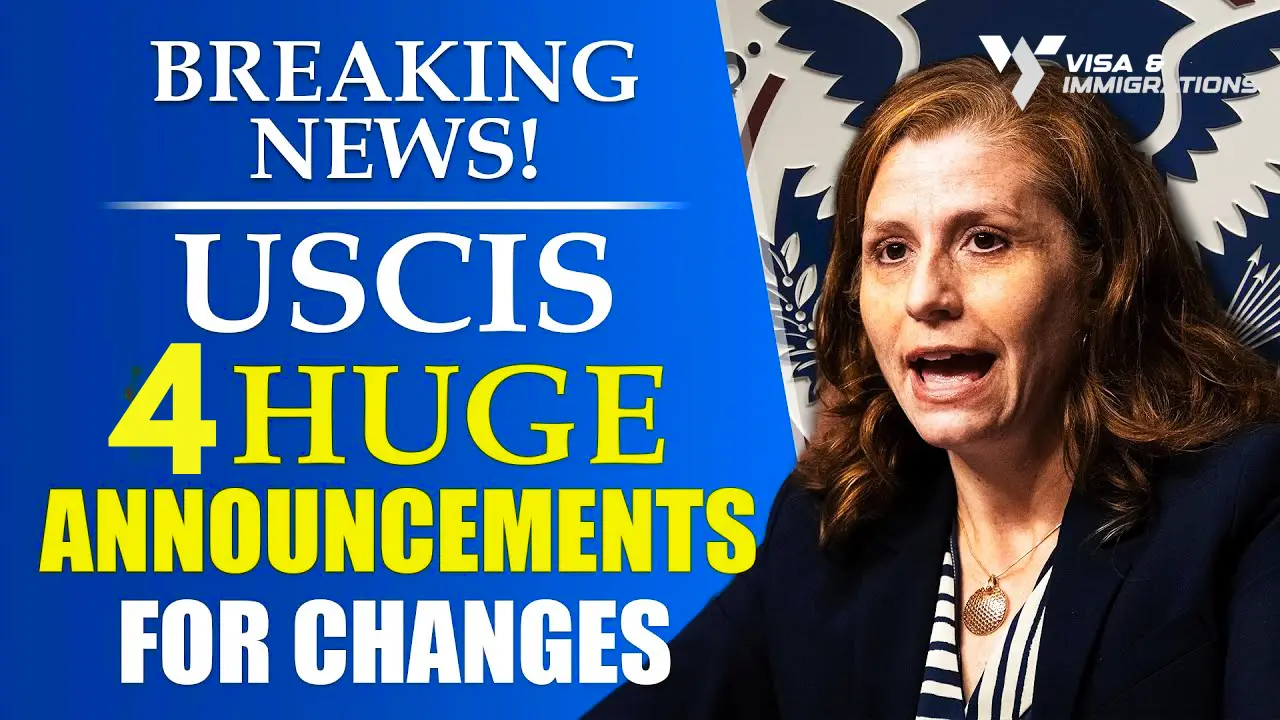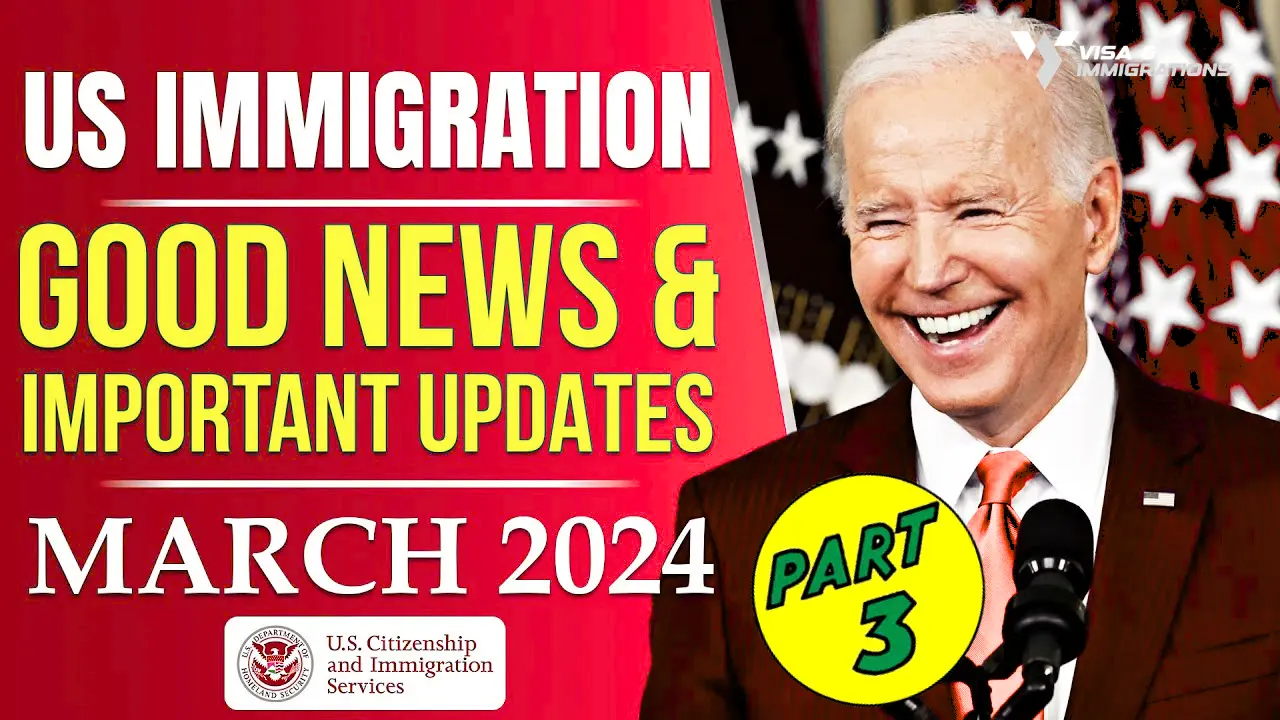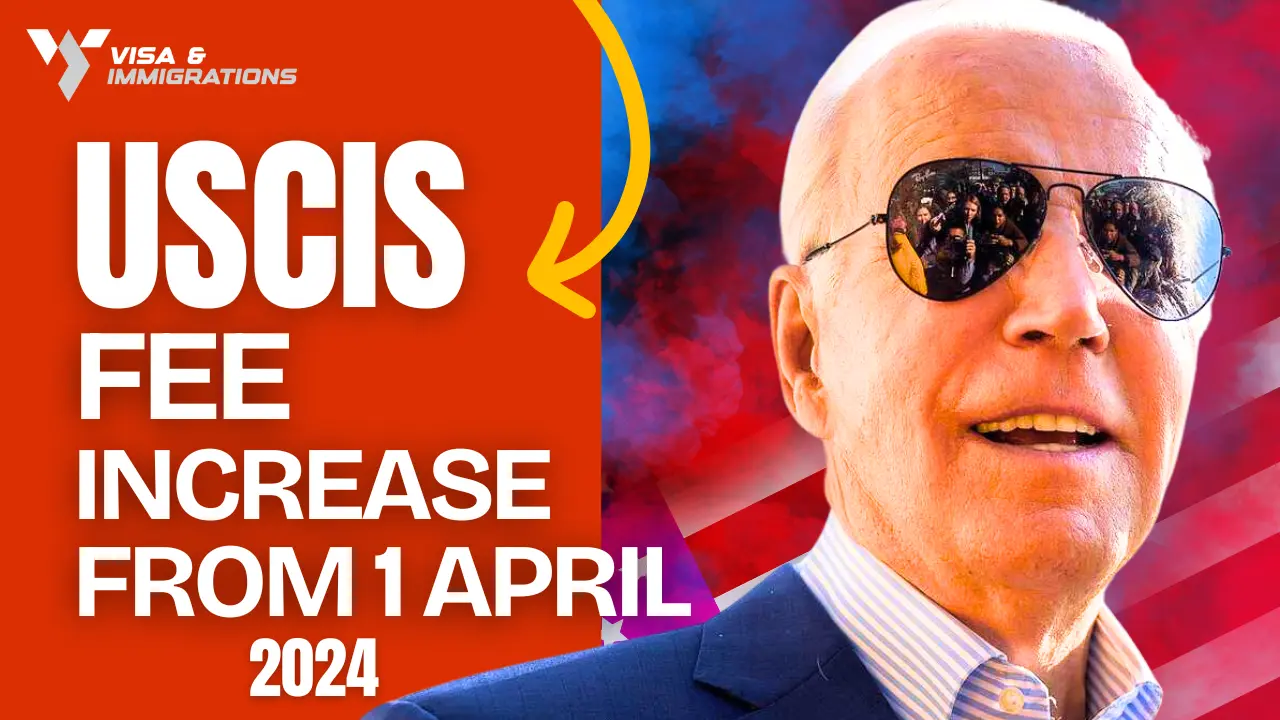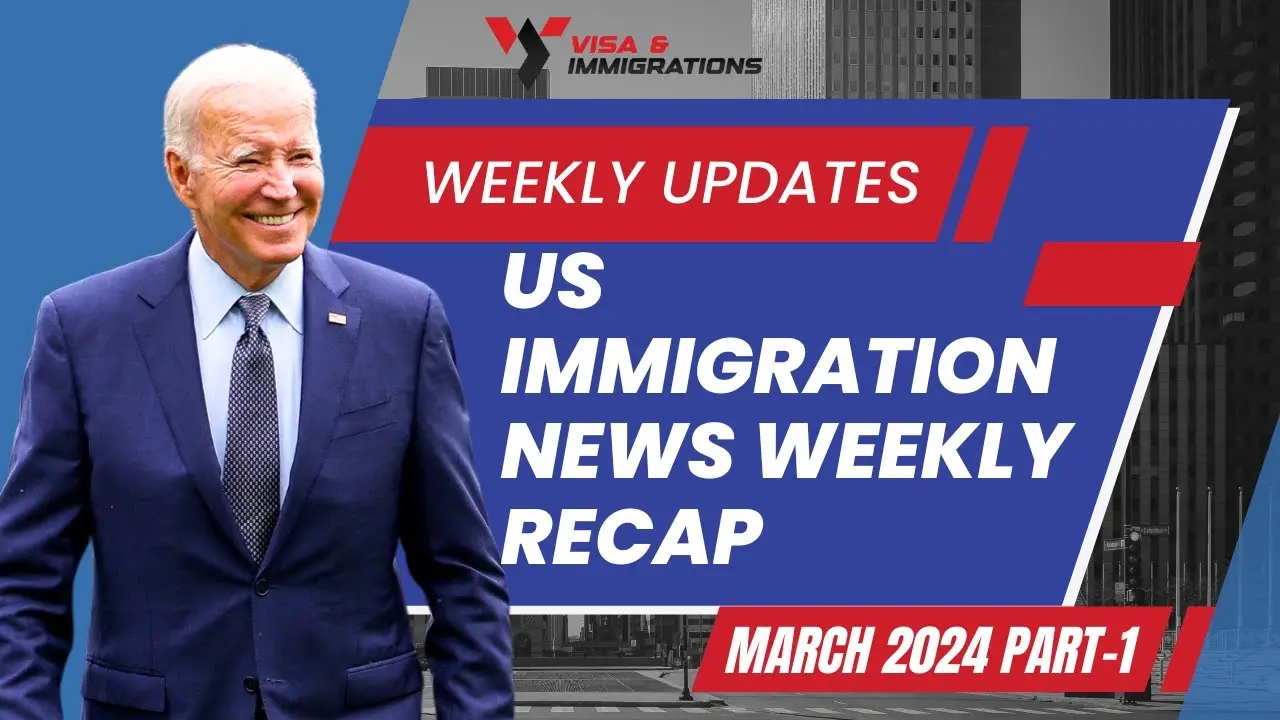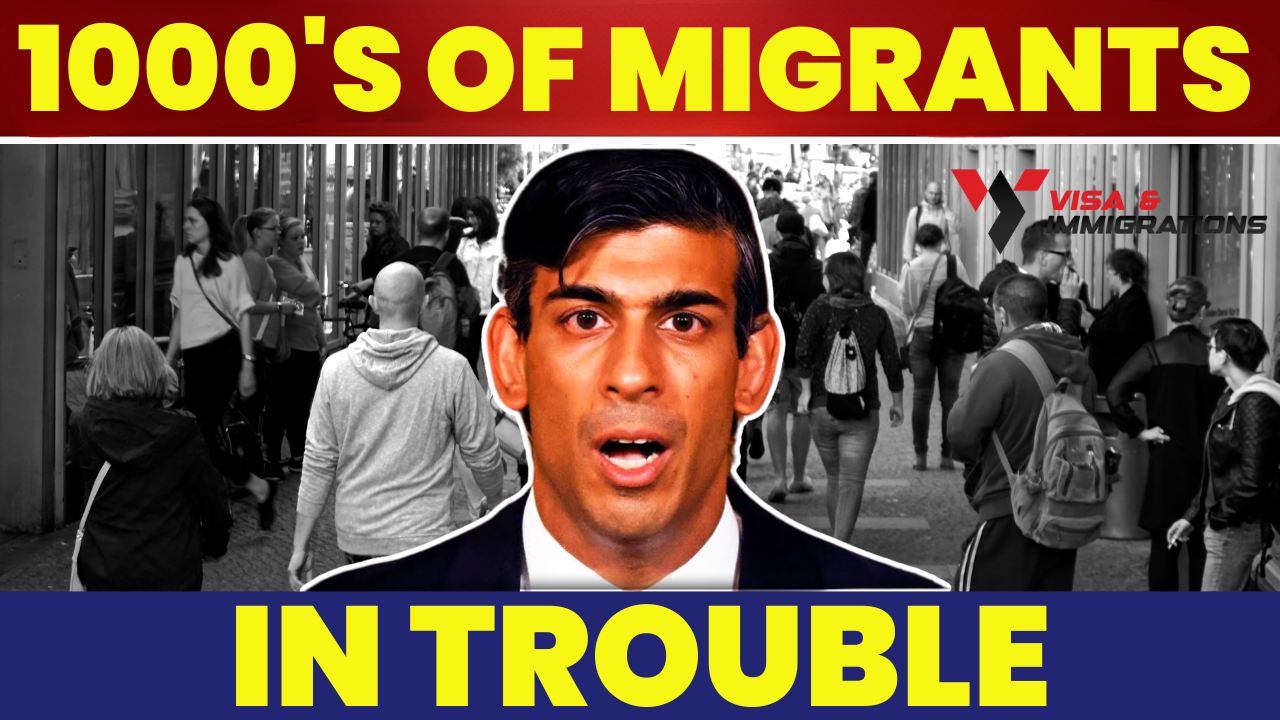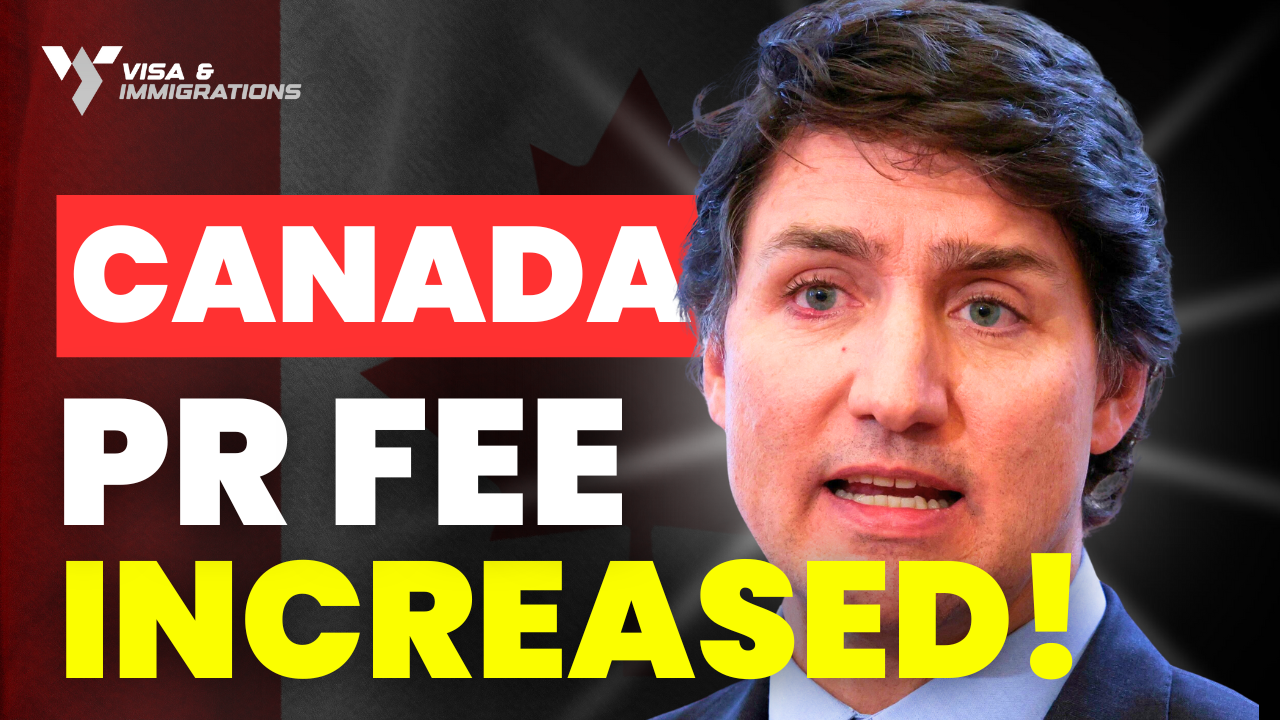The 2019 Rule was generally viewed as a discriminatory wealth test restricting access to permanent residency.
The Biden administration revealed its final version of the “public charge rule” for green card and visa applicants. This was an element of a multi-year measure to undo a policy from the Trump-era that immigrant and civil rights advocates widely criticized as a discriminatory wealth test.
The final rule, which is planned to take effect on December 23, 2022, regularizes the Department of Homeland Security’s (DHS) long-established guidance which oversees whether an applicant for a green card or certain visas are “likely at any time to become a public charge.”
That guidance, which has been set since 1999, depicted a public charge as somebody who is “mainly dependent on the government for subsistence,” which was proved by either the use of public cash assistance to aid the applicant’s income or the institutionalization of the applicant for long-term care at the expense of the government.
The issuance of the final rule by the Biden administration denotes another stage of the multi-year legal struggle over the public charge policy.
In 2019 the Trump administration decided on a rule which significantly extended the depiction of a public charge from the long-held idea of DHS and the Department of State (DOS). The 2019 public charge rule drastically raised the type and amount of government benefits that were deemed to make one a public charge.
As litigation threaded via courts throughout the country, President Joe Biden withdrew the Trump-era rule in March 2021. He refused to defend the 2019 public charge rule in court and proposed a new one in February 2022. This new rule was similar to the 1999 Interim Field Guidance that immigration officers had used before the publication of the 2019 rule.
DHS Secretary Alejandro Mayorkas stated that the rule, which was officially published in the Federal Register on September 9, 2022, will bring back DHS “to the historical understanding of the term ‘public charge.’ He added that people would not face penalization for opting to access the health benefits and other available supplemental government services.
According to DHS, the recently introduced law explains that DHS will utilize the following criteria to decide if an individual would be a potential public charge:
The noncitizen’s “age; health; assets, family status; education and skills, resources and financial status; ” as mandated by the INA;
Affidavit of Support Under Section 213A of the INA, The filing of Form I-864, submitted on the behalf of a noncitizen when one is required; andThe noncitizen’s previous or current receipt of Supplemental Security Income (SSI); State, territorial, Tribal, or local cash benefit programs for income maintenance (often called “General Assistance”); cash allowance for income support under Temporary Assistance for Needy Families (TANF); or long-term institutionalization at government expense.
Immigration advocates lauded the administration’s finalization of the rule, which explains and streamlines the guidance mentioned in the 1999 memo.
An immigration expert stated that Trump’s public charge rule impacted hundreds of thousands of hardworking, resilient immigrants who just desired to enter the United States through legal pathways known to them.
This policy functioned to keep families separated systematically, and it has no place in America, a country built on the support of immigrants.
The expert added that the Biden Administration’s effort to unravel the 2019 public charge rule is an excellent step toward pursuing the American dream by forming a route for immigrants and their families.
This is the end of today’s blog update. We hope you found this blog useful. Please don’t forget to support us by subscribing to our newsletter and sharing this blog with your friends and family on Facebook, Whatsapp, and Twitter.
Recent posts:
- Us Immigraton Weekly Updates
- DHS Issues Alert For Immigrants & Minorities To Beware Of
- How To Apply For K-1 Visa And Adjust Status To
- Important Points To Keep In Mind For Form I-130
- U.S. Faces A Slide In Number Of International Students In

